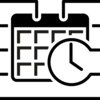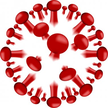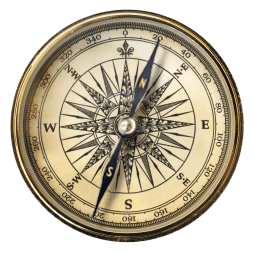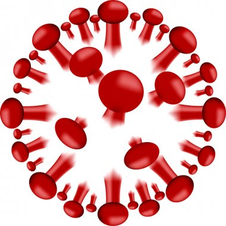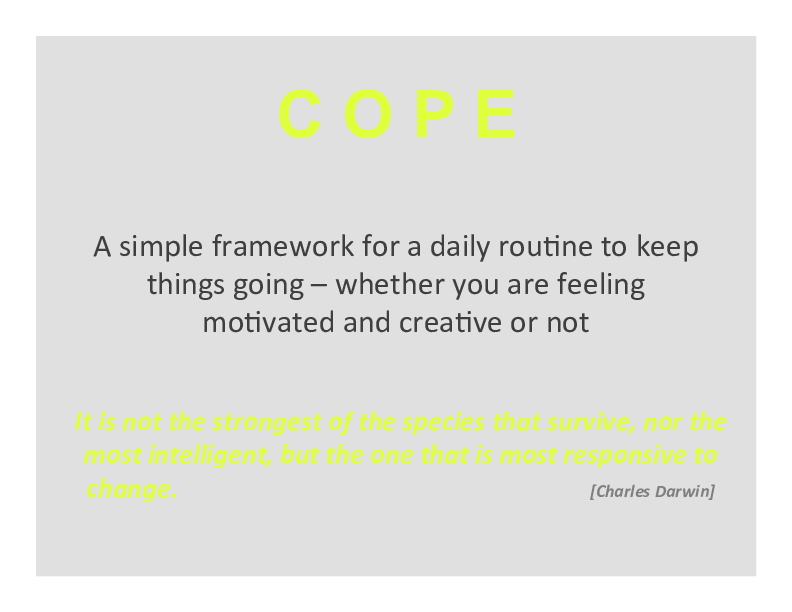Researchers on motivation, Edward Deci and Richard Ryan (1985), formulated the Self-Determination Theory, which describes three basic psychological needs that we all share: competence, relatedness and autonomy. This means that every person has the need to master something, to belong to a community and to be able to steer their own life. There are some important implications of this theory to the teaching of musicians.
Autonomy is a key factor in learning as it implies that a student is self-regulated. Teachers can encourage autonomy in their students by giving them choices and asking questions rather than just giving instructions. Even small or incidental choices – such as asking a student what piece they want to play – have a positive effect on learning. Competence is gained by mastering new skills and pieces. Relatedness refers to a sense of connectedness and belonging. Musicians look for connection with their music, their instrument, their ensemble, their audience as well as the wider community.
All three components described in the Self-Determination Theory are being undermined by the Corona crisis, and as a result, most musicians are suffering from a lack of motivation. There is less possibility to practice, to play with and for others and to plan performances. A lot of face-to-face learning has been replaced with online lessons. One of the most frustrating aspects for most is the lack of agency: not knowing when the restrictions will end and what the 'new normal' will be. The corona restrictions have both altered our path and made it harder to connect with our compass.
Conservatoires and teachers face the questions: "What do our students need in order to cope with this crisis and how can we help them?" The task of keeping our students motivated has come to the forefront. One of the most effective strategies is finding ways to promote self-regulation.
A self-regulation tool was developed by the researcher and distributed to the students of the Royal Conservatoire of The Hague. The rationale behind the design was to present something that had minimal expectations but clear structure so that even on the most unmotivated days, the student will do something and have a feeling that they are not just waiting around for things to change. The initial idea came from a discussion with a student (participant 10 from the pilot study) who said, in answer to the question "how are you coping?" – "I just do my four things each day, and sometimes that leads to more...":
As part of a drive to take care of students’ motivation and general well-being, a document describing COPE was distributed by the conservatoire (by email) to the student population at the end of March 2020. COPE encourages the students to do four things each day – they could take a few minutes or hours. The categories reflect the Self-Determination Theory as well as adding movement and exercise.
I can practice at home and am financially okay. I’m keeping a routine and managing to stay positive. I have formulated four things that help: practice my instrument, organise things, connect in some way with others and exercise. Organising is surprisingly important for me right now – I need to be deliberate. I am serious about taking care of my mental health: for instance by talking to people about it. This crisis is a shock that I have to process. Journaling helps me to remember a lot more things and to be better prepared for classes. I’m keeping a ‘corona time journal’ to keep track of things, and also collect nice memories.
The 21st century is seeing the fastest rate of change in our history, bringing with it a need to be able to adapt to change. More than ever, we all to access our inner compass in order to keep on track, especially in times of disruption and crisis when we feel like we have less control over our lives. The compass is connected with intrinsic motivation. Understanding and embracing what motivates us – what moves us – has a huge impact on our lives. Those who are not accessing their intrinsic motivation find it hard to experience energy and joy. Having positive self-beliefs helps the compass to give clear signals so we do not hesitate to be curious, take risks and make connections in the world. We need tools and strategies to help us stay connected to our inner compass.
We as humans are becoming more ‘hackable’. The developments in social media and artificial intelligence have resulted in algorithms designed and used to know more about us than we know ourselves (Harari, 2018). Therefore, we need to develop our meta-cognitive skills so that we can hack ourselves. How do we do this without losing ourselves in the process? Having self-regulated learning skills is an essential ingredient. It could be that events like the corona pandemic could, rather than obscuring our compass, force us to dig deeper to ascertain what is important to us, understand ourselves better and find what our direction really needs to be. How we learn to cope with change will depend on our ability to change and our ability to be self-regulated. Good self-regulated learning ensures that we know ourselves better, can steer our development. Individuals and organisations need to strengthen their agency from within in order to build deep, strong but flexible structures for creativity to flourish in.


